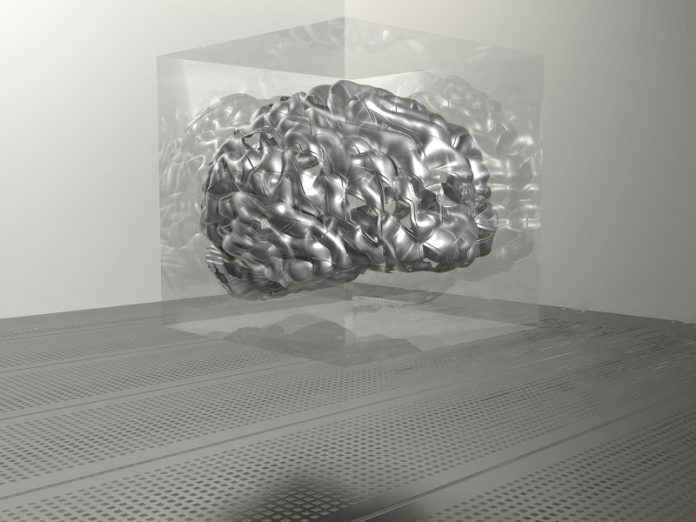
A recent study has brought to light an interesting link between weight loss surgery and the health of our brains.
In the United States, obesity is becoming more common, and it’s expected that half of all adults will be affected by it in the next decade.
This is worrying because being overweight is connected to problems with brain functions and even dementia, which is when people lose their memory and other thinking abilities as they get older.
The study, shared in the Journal of Nutrition, Health & Aging, looked at people who were overweight and had a type of surgery called bariatric surgery to help them lose weight.
Two years after their surgery, these people’s brains were working just as well as before. This is significant because usually, people who are overweight tend to experience a faster decline in their brain health compared to those who aren’t.
Evan Reynolds, who led the study at the University of Michigan Medicine, explains that seeing no decline in brain function two years after surgery is a positive sign. However, he adds that more detailed studies are needed to be sure of this finding.
To understand how the surgery impacted brain health, the team used a set of memory and language tests from the National Institutes of Health and another test called the Rey Auditory Verbal Learning Test. They did this with over 85 people who had the surgery.
The results were mixed. While the overall brain function scores stayed the same, and some areas even improved, one of the memory tests showed a decline after the surgery.
This finding is a bit confusing because earlier studies had shown that people’s memory and decision-making skills got better after similar surgeries.
Reynolds notes that these earlier studies mostly involved patients who had a different kind of weight loss surgery called gastric bypass, while most people in their study had a procedure known as sleeve gastrectomy.
To really understand how different types of weight loss surgeries affect our brains, Reynolds suggests that more extensive studies or even controlled trials should be done.
Another interesting point from the study was that even though weight loss surgery can improve some health issues related to diabetes, these improvements didn’t seem to help the brain work better.
Diabetes and being overweight are both linked to a decline in brain health. Brian Callaghan, a professor at the University of Michigan Medical School and a neurologist, highlights the need to better understand how to treat these conditions to help protect people’s brains.
This research sheds new light on the complex relationship between weight, brain health, and the potential benefits of weight loss surgery.
As obesity becomes a more widespread issue, understanding its impact on our overall health, including our brains, becomes increasingly important.
If you care about weight loss, please read studies that hop extract could reduce belly fat in overweight people, and early time-restricted eating could help lose weight .
For more information about weight loss, please see recent studies about a simple path to weight loss, and results showing a non-invasive treatment for obesity and diabetes.
The research findings can be found in the Journal of Nutrition, Health & Aging.
Copyright © 2024 Knowridge Science Report. All rights reserved.



